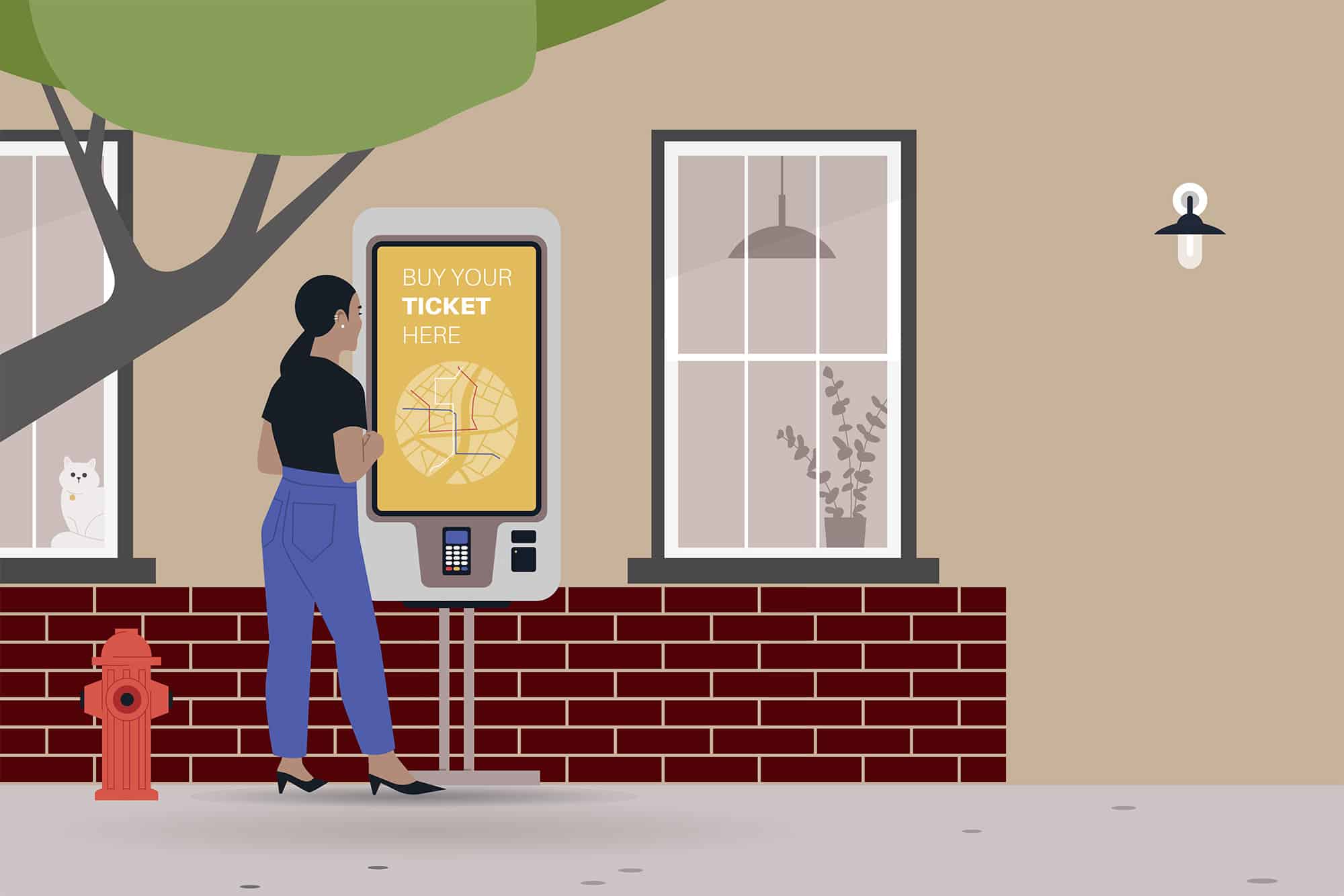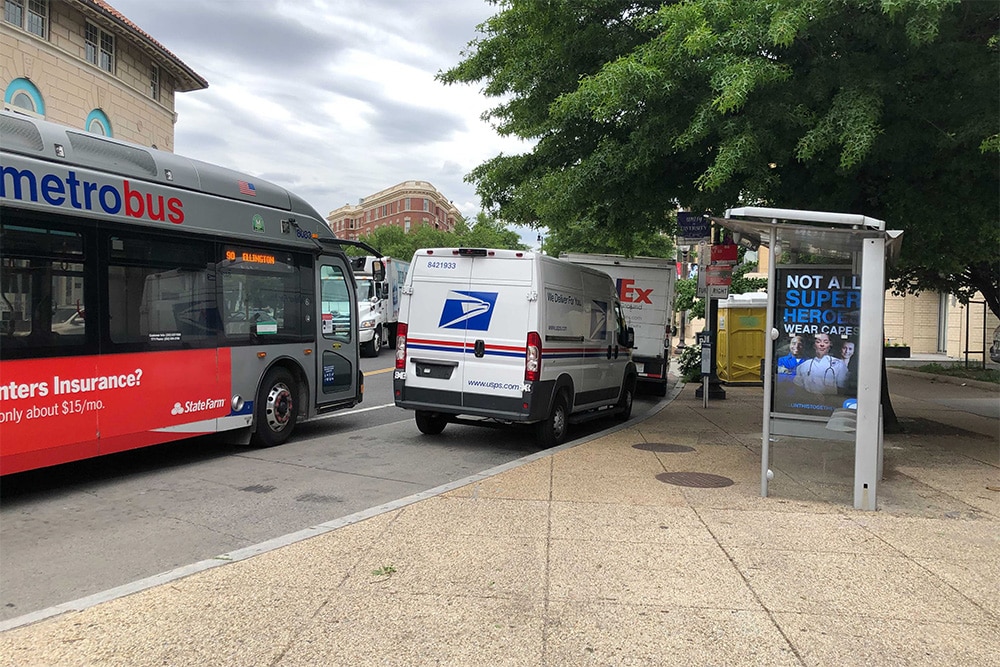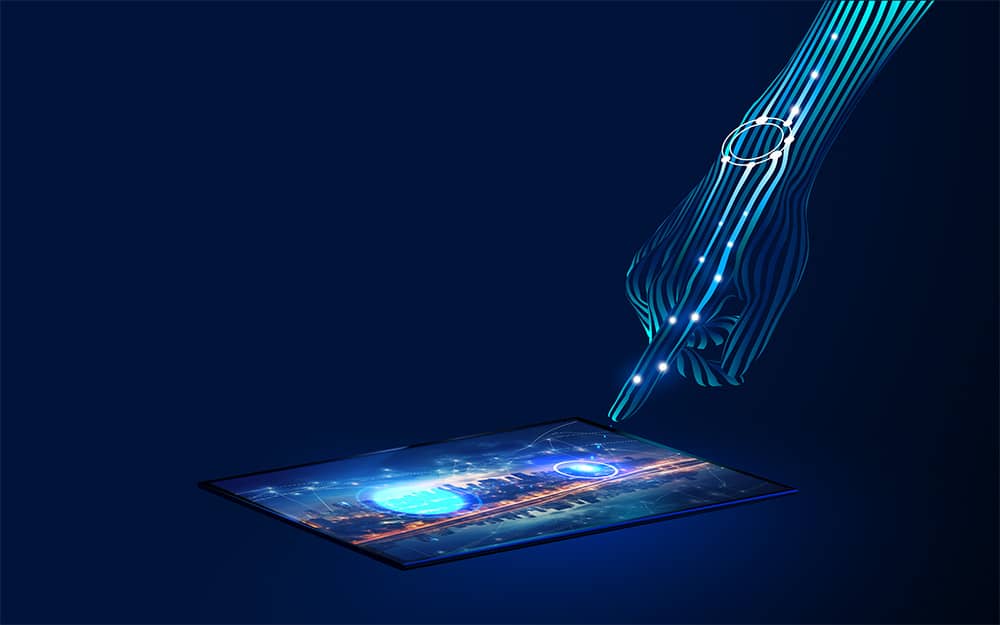
Innovation in Music City
Nashville’s Pathway to Smarter Parking and Mobility Innovation
The City of Nashville, Tennessee has long been known for its country music scene, traditionally drawing mostly artists and fans from all over the world to create and enjoy music and entertainment. Until recently when most people thought of Nashville, they thought of cowboy hats and boots, honkytonks, line dancing, and live music. While that culture is still alive and thriving in Nashville, the city has seen an urban transformation that has reshaped its entire landscape and even its identity.
Today, Nashville is one of the fastest growing American cities, increasing in population by more than 50% over the past decade. It has become an attractive destination for new residents sparked by an influx of new corporate headquarters, a thriving entertainment district, new hotels and amenities, and more. The city has become a hot spot for several growing industries, including healthcare, technology, and entertainment, as well as companies of all sizes from startups to major corporations. This has created a substantial employment boom, attracting talent from across the globe, and increasing the demand for housing and urban amenities.
In response to this population growth, the Nashville skyline has also changed significantly, adding several new high-rise condos, mixed-use developments, and office buildings. All this new construction has altered the city’s architectural character with neighborhoods like The Gulch and others now showcasing more modern residential towers, trendy restaurants, and a vibrant arts district. This dramatic shift from the Nashville of previous generations presents several new opportunities for residents and visitors of all backgrounds, professions, and interests. However, it has also created several challenges.
As the city has grown, so too has the need to advance its public transportation and infrastructure. The city has spearheaded several initiatives aimed at accommodating so much additional traffic, congestion, and urban sprawl. A major component of the infrastructure and policy improvements initiated in recent years is the comprehensive makeover of the city’s parking and transportation system. One such example is the expansion of the Music City Star commuter rail line, as well as several enhancements to the public transit system to better commuter experiences and drive people to alternative transportation. The city has also initiated several upgrades to its parking system from innovative parking technologies to new parking infrastructure to further support the overall transportation infrastructure.
Impact of Growth on Transportation and Parking Infrastructure
An essential catalyst for the improvement of the city’s new parking and transportation program was the development of the Nashville Department of Transportation (NDOT). From its initial formation as a traditional public works department, its primary functions were very much operations oriented. The department spearheaded municipal tasks including solid waste and recycling, litter collection, roadway paving and maintenance, signal maintenance and repair, and overall city beautification. The department was often understaffed and struggled to keep up with the evolving needs of such a growing city, and certainly couldn’t manage the additional responsibilities of transportation infrastructure and policy.
With little management oversight, the city’s parking program had not kept pace with the rapid growth and modernization of the rest of Nashville. Parking and transportation are essential to supporting any city, and it was vital that they understood the evolving needs and expectations of today’s consumer, particularly when it comes to searching for and paying for parking. Likewise, the parking and transportation industry has evolved over just the past few years, and the city needed to identify the solutions and programs that would best meet their unique needs.
A Timeline of Program Milestones
In 2019, an analysis of Nashville’s on-street parking meter program found that its current system was significantly underperforming, with meters operating at only around 10% economic efficiency. The study also found that the city’s current operation lacked the modern technology and adequate enforcement to keep pace with its rapid growth and generate revenue in an efficient yet customer-friendly way.
In 2020, previous Mayor John Cooper developed and implemented a new Transportation Management Plan. The plan included several key components such as upgrading the bus system, modernizing the traffic management system, investments in neighborhood infrastructure like sidewalks, bikeways, and parks, and improving safety through the advancement of the Mayor’s Vision Zero Action Plan.
Another part of this 2020 plan was the exploration of transforming the existing public works department into what is now the NDOT. In July of 2021, NDOT was established, followed by an overwhelmingly supportive public vote in a 2022 election proposing a charter to formally create the Nashville Department of Transportation and Multimodal Infrastructure.
The Pathway to Smart Parking
Since its creation, NDOT has hit the ground running, realizing several parking and transportation initiatives aimed at providing comprehensive parking, transportation, and mobility infrastructure and technology solutions. The goal of these initiatives is to improve parking and curb experiences for the community, allow the city to obtain and analyze data to improve their operations, and improve the financial stability of the city’s parking and transportation program to support future efforts.
Upon the development of NDOT, the organization partnered with several community organizations including WeGo Public Transit, the Tennessee Department of Transportation, and the Nashville Downtown Partnership to identify and study the “must haves” for the future of downtown Nashville. These must haves included prioritizing pedestrian comfort and safety, integrating alternative mobility options, improving the curb experience by streamlining delivery vehicles, ride share, and loading zone areas, and managing the development of a more modern parking program.
A Strong Partnership for a Smarter City
The most notable initiative to date has been the implementation of a smart parking system integrating the latest parking and mobility innovations to meet the needs of Nashville’s population to date and pave the way for inevitable future growth. The City of Nashville selected national parking operator LAZ Parking to facilitate a comprehensive smart parking initiative. The project included the replacement of approximately 1,700 of the city’s coin-operated meter system with smart parking kiosks that accept several payment types.
The five-year plan will also include a complete overhaul of parking polices and increase meter parking enforcement efforts. One of the primary objectives was to increase the number of metered parking spaces, improving parking space utilization across the city and minimizing instances of people seeking free parking in peripheral city neighborhoods. Along with NDOT, LAZ has also provided additional parking enforcement staff who will be trained to not only manage the parking meters, but also serve as officers to enforce other traffic and parking rules throughout the city.
The new parking program includes several new features. These include:
- Credit card and eCommerce payment options.
- Enhanced and modern parking enforcement solutions.
- Fair market-appropriate parking pricing.
- Custom developed business intelligence and data analytics system.
- 24/7 Service Delivery.
While this entire initiative is aimed at improving the parking experiences for residents and visitors alike, as well as streamlining operations for the city, it will also come with a significant increase in parking revenues. The program is already on track to increase revenues by over $3 million annually. These revenues will be reinvested into the city’s Infrastructure and Parking Program, providing valuable resources to continue to implement parking, mobility, and transportation improvements to keep up with continued rapid growth.
Circling back to the 2019 analysis of the city’s parking program finances, the initiatives that have been put into place through the new parking program anticipate that in just year one, revenues are expected to quadruple, and over the next five years revenues could increase by up to 500%. This is all anticipated to occur while at the same time reducing the number of parking citations issued by integrating more convenient, customer-centric payment options including mobile apps, as well as scan-to-pay and text-to-pay solutions. Not only does this effort simplify parking experiences for residents and visitors, but it provides a foundation to enhance the city’s relationship with the community, all while dramatically increasing revenues that will allow the city to implement future beneficial solutions.
Project Challenges and Roadblocks
Nashville is one of the first major cities to adopt such an advanced comprehensive parking payment system. But this program did not come easily, rather it faced several hurdles along the way. The entire procurement process from beginning to end took nearly seven years. Many were skeptical that this program could be successfully realized without raising parking rates. Some said the financial projections were flawed. Prolonged disputes over the procurement process, changes in the political landscape, lingering impacts from COVID, and anticipated risks to the community delayed the project for many years.
The procurement process included the release of three separate RFPs with varying iterations, goals, and contract terms. The final performance-based solicitation was designed to serve NDOT’s best interests, while meeting several outlined performance objectives. The result was an extremely comprehensive parking program framework, outlining a series of milestones and deliverables that would provide the roadmap to execute a plan that would not only bring the parking program up to speed with the city’s modern infrastructure, but provide the policies, data, and financial resources to continue to grow the program as the city grows.
The integration of the new smart parking meters is just the beginning of this long-term effort to overhaul the parking system in Nashville. The smart meters will provide valuable data that will allow the understanding of parking patterns, identification of inefficiencies, and development and execution of new policies to further accommodate the continued growth of downtown Nashville as well as the evolving expectations of the modern parking customer.
One of the reasons this project has been so successful to date is the consideration of the community throughout the entire process. The team deployed several strategies to keep all potential parkers up to date regarding milestones and changes to their routines or expectations. A comprehensive marketing and communications plan ensured that people received all relevant information regarding important changes, key dates, and how to utilize new technologies for their convenience. Several new parking staff members were hired whose duties include helping any prospective parkers with any customer service needs they may have. Finally, upon the integration of the new smart parking meters, the city implemented a monthlong enforcement “soft approach” issuing warnings and educating the public about changes to meter hours and locations.
The enforcement program has also been expanded to address many other community concerns above and beyond traditional parking enforcement. The role of the NDOT/LAZ Team now includes downtown code enforcement with an emphasis on the entertainment district, which has been a growing concern for many years. Enforcement officers are crossed-trained through the courts, police department, and other municipal agencies to enforce noise ordinances and codes related to entertainment vehicles, food trucks, and other street vendors. In just six months, the expansion of the enforcement program has had a tremendous impact on the community as a whole and has created a safer environment for everyone to enjoy.
Moving Forward
The City of Nashville has embarked on a remarkable journey towards greater parking and mobility innovation, reshaping not only its urban landscape but also its approach to transportation and accessibility. What was once primarily known for its rich musical heritage and cultural charm has now evolved into a bustling metropolis experiencing rapid growth and diversification. With such a dramatic population surge over the past decade, Nashville has become an enticing destination for businesses, professionals, and creatives, leading to an increased demand for housing, infrastructure, and urban amenities.
The city’s commitment to enhanced parking technology, innovation, expanded enforcement, and pricing has not only simplified the experience for residents and visitors alike, but also promises to generate substantial revenues. This increased income will be vital for reinvesting in the city’s infrastructure and parking program, ensuring that Nashville can continue to keep pace with its rapid growth.
While the journey was marked by several challenges and delays, Nashville has emerged as a groundbreaking city, embracing a comprehensive parking payment system that sets the stage for future growth and flexibility. This transformation reflects the city’s dedication to evolving with the times while maintaining its unique cultural identity, promising a vibrant future for Music City. Nashville’s pathway to greater parking and mobility innovation not only enhances the quality of life for its residents but also solidifies its position as a dynamic and forward-looking urban center. ◆
Rob E. Maroney, CAPP, is Vice President, Government and University Services for LAZ Parking and a member of IPMI’s State & Regional Association Committee, and current Secretary for the Board of Directors of PAV.
-
Rob E. Maroney, CAPPhttps://parking-mobility-magazine.org/author/rob-e-maroney-capp/May 3, 2023
-
Rob E. Maroney, CAPPhttps://parking-mobility-magazine.org/author/rob-e-maroney-capp/February 6, 2024
Diana Alarcon, CAPP, is Director, Transportation & Multimodal Infrastructure for Metropolitan Nashville and a member of IPMI’s Accessibility Working Group.
-
Diana Alarcon, CAPPhttps://parking-mobility-magazine.org/author/diana-alarcon-capp/September 8, 2022

![State & Regional Member logo_shutterstock_305262863 [Converted] State & Regional Association Committee Member](https://parking-mobility-magazine.org/wp-content/uploads/elementor/thumbs/State-Regional-Member-logo_shutterstock_305262863-Converted-qi7xa9bco2ukw1rj1dr52f6pao7ythylcbjyfwf6pa.png)


Rethinking Urban Mobility
Leveraging Data and GPS for Curb and Mobility Management

The Smart Technology Revolution is Here
The Transformative Era of Urban Mobility

What Will Be the Impact of Technology on Large-Scale Parking Operations?
Learn what the experts have to say.

Urban Mobility
Embracing Smart Transportation in the Dynamic World of Parking and

What Will Be the Impact of Technology on Large-Scale Parking Operations?
Learn what the experts have to say.

No More Waiting in Line
Self-Service Kiosks and the Democratization of Digital Services










